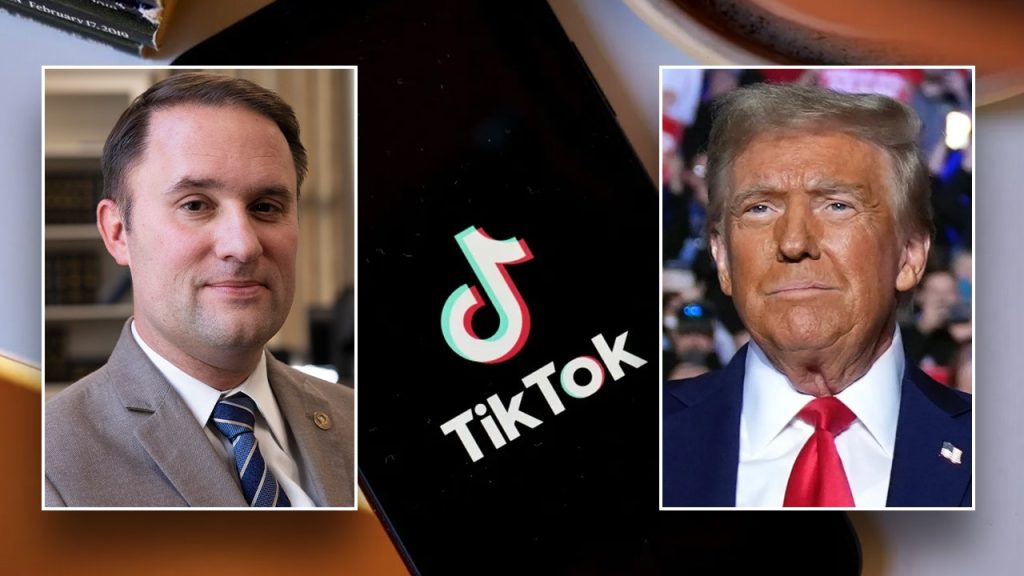The Republican Attorneys General of Virginia and Montana have recently filed an amicus brief with the Supreme Court, urging the court to require TikTok to sever its ties with the Chinese Communist Party (CCP). This action comes as the fate of TikTok in the United States remains uncertain. The brief was filed on the same day President Trump filed his own amicus brief, asking the Supreme Court to pause the TikTok ban and allow him to make executive decisions about TikTok once he takes office. Virginia Attorney General Jason Miyares, along with Montana Attorney General Austin Knudsen, argue that TikTok’s ties to the CCP pose a risk to Americans’ privacy and security.
In his brief, Miyares cites whistleblower reports that show ByteDance, TikTok’s parent company, has shared sensitive information with the CCP, including Americans’ browsing habits and facial recognition data. Miyares believes that allowing TikTok to operate without severing ties with the CCP exposes Americans to the risks of having their data accessed and exploited by a foreign government. The goal of the amicus brief is to uphold the divest-or-ban law against TikTok, ensuring that Americans are protected from potential foreign threats while also upholding their First Amendment rights.
President Trump’s brief states that he is supporting neither party, but believes he has the right to make decisions about TikTok’s fate once he resumes office. Trump’s spokesman and incoming White House communications director, Steven Cheung, emphasizes that allowing Trump to resolve the issue will help preserve American national security. The brief asks the Supreme Court to extend the deadline that would result in TikTok’s imminent shutdown, allowing Trump the opportunity to address the issue in a way that saves TikTok while protecting American interests.
The brief notes that Trump has a unique interest in the First Amendment issues raised by the case, as well as the tension between free-speech rights and national security concerns. As the incoming Chief Executive, Trump holds a significant responsibility for addressing national security and foreign policy matters, making him the appropriate constitutional authority to resolve the dispute through political means. The case presents a complex and unprecedented challenge that requires a delicate balance between protecting free speech rights and safeguarding national security interests.
The amicus briefs filed by the Republican Attorneys General of Virginia and Montana, as well as President Trump, highlight the ongoing debate surrounding TikTok’s operations in the United States. The issue of TikTok’s ties to the Chinese Communist Party, and the potential risks this poses to American privacy and security, continues to be a point of contention. By petitioning the Supreme Court to uphold the divest-or-ban law against TikTok, the attorneys general seek to address the perceived threats posed by the social media platform. Trump’s brief emphasizes his commitment to preserving American national security while navigating the complexities of the First Amendment issues at play in the case.


